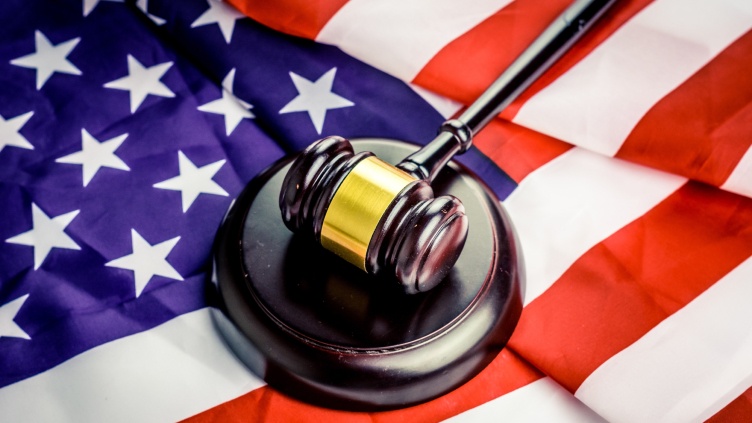FTX, a major participant in the cryptocurrency exchange space, faces heightened scrutiny after a recent ruling by the Third Circuit Court of Appeals in Philadelphia. The court has mandated an independent investigation into the firm. This development follows the U.S. Trustee’s push for an inquiry into the firm’s bankruptcy, initially contested by FTX’s CEO John Ray III and ultimately denied by the Delaware bankruptcy judge overseeing the proceedings.
A Court Mandates a Fresh Investigation into FTX
The recent decision from the Third Circuit Court of Appeals overturns the previous denial, emphasizing that an investigation led by the current CEO is insufficient. The court advocates for an independent examination to offer fresh insights into the crypto industry’s practices. Judge Luis Felipe Restrepo, in a statement, stresses that the examiner should have no vested interest or connection to the debtor.
Concerns about the ongoing investigation led by Ray revolve around the potential association of employees with fraudulent activities and the prior role of FTX’s lawyers, Sullivan & Cromwell. The Bankruptcy Code mandates the appointment of an examiner when a debtor’s debts exceed $5 million, a threshold met in FTX’s case. Judge Restrepo sees the potential for an independent investigation to benefit the entire crypto industry.
Impact on Overnight within the Crypto Industry
The judge highlighted potential scrutiny of FTX Group’s use of its cryptocurrency tokens (FTTs) to artificially inflate the value of FTX and Alameda Research. This scrutiny, as per the judge’s opinion, may shed light on undisclosed credit risks in other cryptocurrency companies. The U.S. Trustee initially raised this concern over a year ago, but it was dismissed by the Delaware bankruptcy judge. In December 2022, U.S. Trustee Andrew R. Vara sought an outside examiner to independently investigate FTX’s collapse, separate from CEO John Ray III’s ongoing inquiry.
Ray opposed, arguing his investigation sufficed. However, in February 2023, Judge John Dorsey rejected the motion, expressing concern about excessive costs for the estate in conducting two simultaneous investigations. He stated during a hearing, “I do not doubt that the appointment of an examiner would not be in the best interest of the creditors.” This development highlights the persistent legal battles surrounding FTX and concerns about the adequacy of internal investigations.
Opting for an independent examination signifies a belief in the necessity of a more impartial review to unveil potential misconduct and guarantee transparency. With the ongoing evolution of the cryptocurrency industry, regulatory scrutiny is escalating, underscoring the importance of robust oversight and accountability. The results of the independent investigation into FTX may hold broader implications for the regulation of the crypto industry and the accountability of exchanges for their financial practices. Investors and stakeholders in the crypto space will keenly observe unfolding developments, recognizing that the findings could impact not just FTX but also shape regulatory measures across the broader cryptocurrency landscape.



